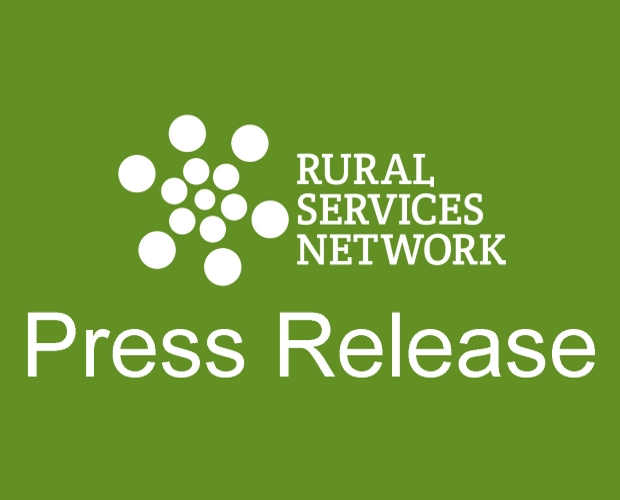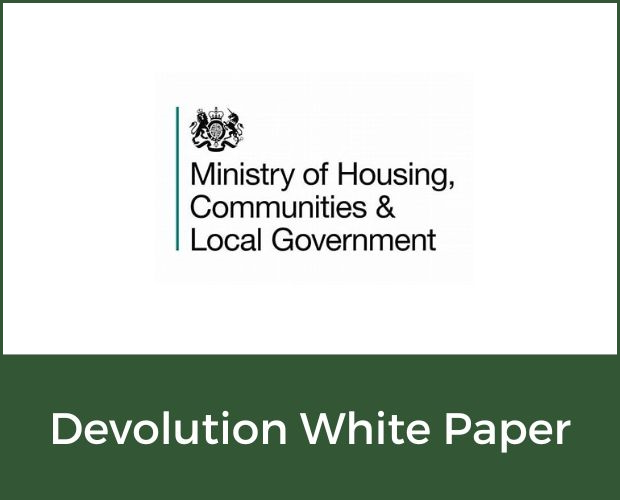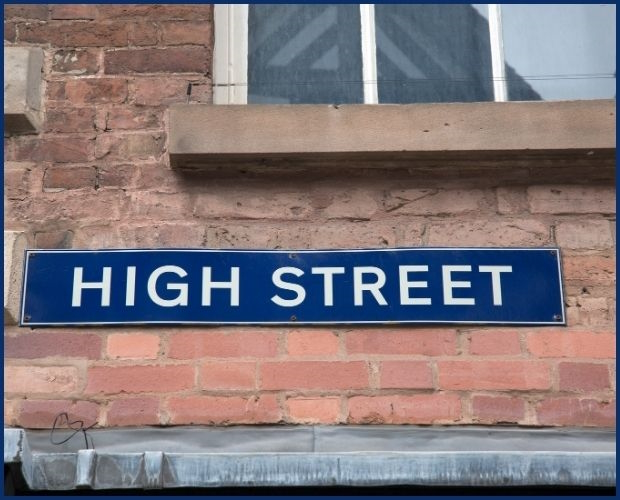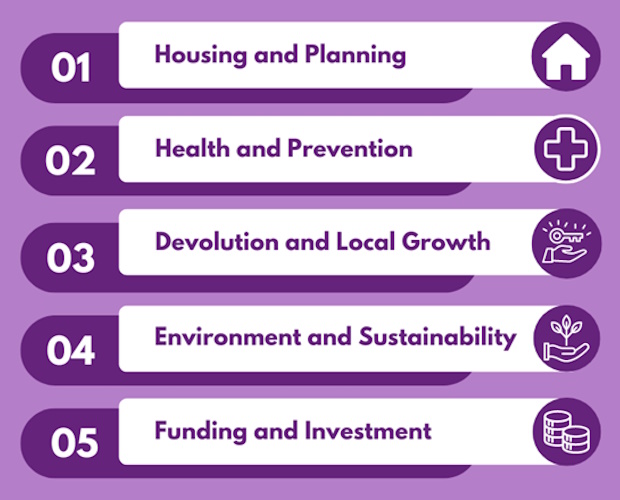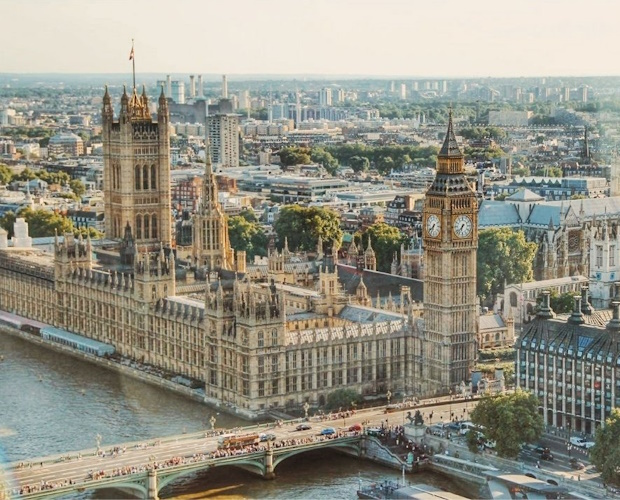T: 01822 851370 E: [email protected]
RSN Voices Serious Concerns Over ‘Fairness’ Of Settlement
Read here...
The Rural Services Network is meticulously examining today’s statement concerning the Provisional Local Government Settlement. We are committed to fully assessing the implications for our rural member councils, especially with the concerning decision to 'repurpose' the Rural Services Delivery Grant....
The Government has published the Devolution White Paper which sets out their vision and plans for devolving power across the nation. Deputy Prime Minister Angela Rayner has vowed to make devolution ‘the default position of government’ and give councils the...
Last week the Government published the policy statement for Local Government Finance 2025-2026. This included outline details of the headline allocations through the Provisional Settlement for Local Government for which a consultation will be launched in December ahead of the...
The government has announced new legal powers aimed at revitalising town centre high streets and transforming long-term vacant commercial properties. Set to come into effect on 2 December 2024, the High Street Rental Auctions (HSRAs) will allow local councils to...
The ADASS Autumn Survey 2024, conducted by the Association of Directors of Adult Social Services, reveals significant challenges in adult social care across England. The survey, with a high response rate from councils, highlights escalating financial pressures, the need for...
A new tax on carbon emissions from waste incineration, set to be introduced under the expanded Emissions Trading Scheme (ETS) by 2028, could see local councils bearing billions in costs over the next decade, according to fresh research commissioned by...
The Minister of State for Housing, Communities and Local Government, Jim McMahon MP has emphasised the direction of the new Government confirming they will “Provide more stability for councils through multi-year funding settlements, ending the competitive bidding process and reforming...
The latest prospectus unveiled by the District Councils’ Network (DCN) outlines how district councils can collaborate effectively with the next Government. The document, titled "Closer to Communities: The district council prospectus for transforming local places," details the extensive potential of...
In the wake of last week's local council elections, the Rural Services Network (RSN) extends a warm invitation to all newly elected councillors of our member councils to join our upcoming Member Induction sessions. This is a perfect opportunity for...
In a determined Westminster Hall debate last week on Government Funding for Local Authorities, concerns were sharply voiced regarding the financial sustainability of rural councils, particularly highlighted by Helen Morgan, MP for North Shropshire. The focus was squarely on the...
NEWSLETTER
Sign up to receive all our latest news and updates.
HOT TOPICS
Amid reduced public spending, fair resource allocation across regions is crucial. Despite a population larger than Greater London, rural areas receive significantly less funding for essential services, even though delivering these services in rural areas is more expensive.
Economic growth is widely acknowledged as essential for national wealth and prosperity and is a priority for political parties. Rural economies, employing millions and home to a higher proportion of small businesses, have potential for growth if barriers are removed.
Rural residents face distinct healthcare challenges, including limited access to transport, longer distances to medical facilities, an aging demographic, housing inadequacies, digital connectivity gaps, and difficulties recruiting health and care workers.
Rural communities are grappling with a severe affordable housing crisis, marked by high house prices, a lack of affordable housing, elevated living costs, and lower incomes, threatening their sustainability and vitality.
Transport is vital for the quality of life and economic health of rural areas, yet it faces challenges such as infrequent public bus services and less Government funding compared to urban regions.
Rural areas, encompassing a substantial portion of England's population and land, play a pivotal role in combating climate change and achieving the net zero target.
In an increasingly digital world, the lack of robust digital infrastructure in rural areas severely limits access to crucial services and stifles economic growth.
A future-focused vision for rural communities involves not just building the right homes in the right places but also ensuring thriving, sustainable communities.
SIGN UP TO OUR NEWSLETTER
Sign up to our newsletter to receive all the latest news and updates.

